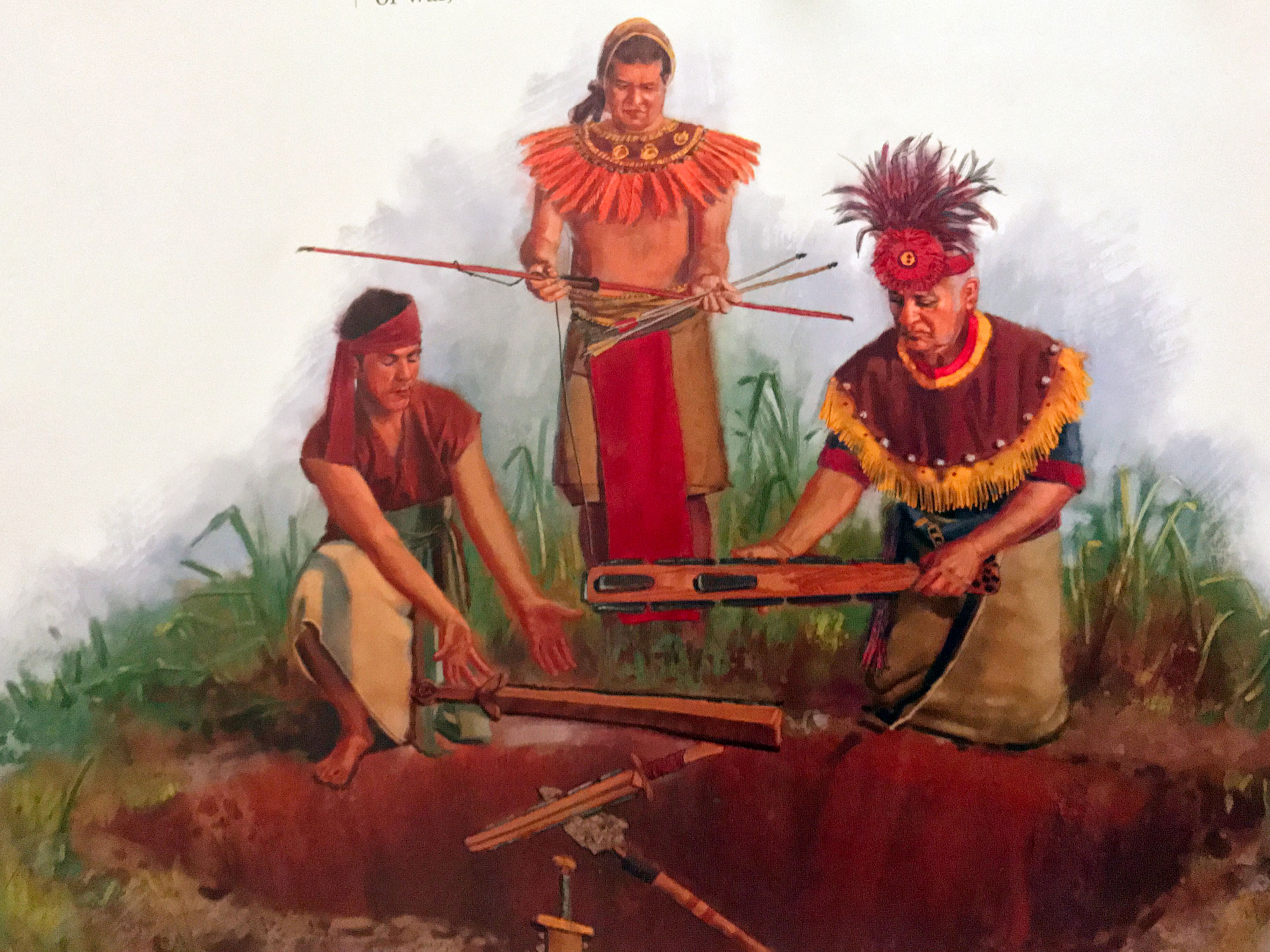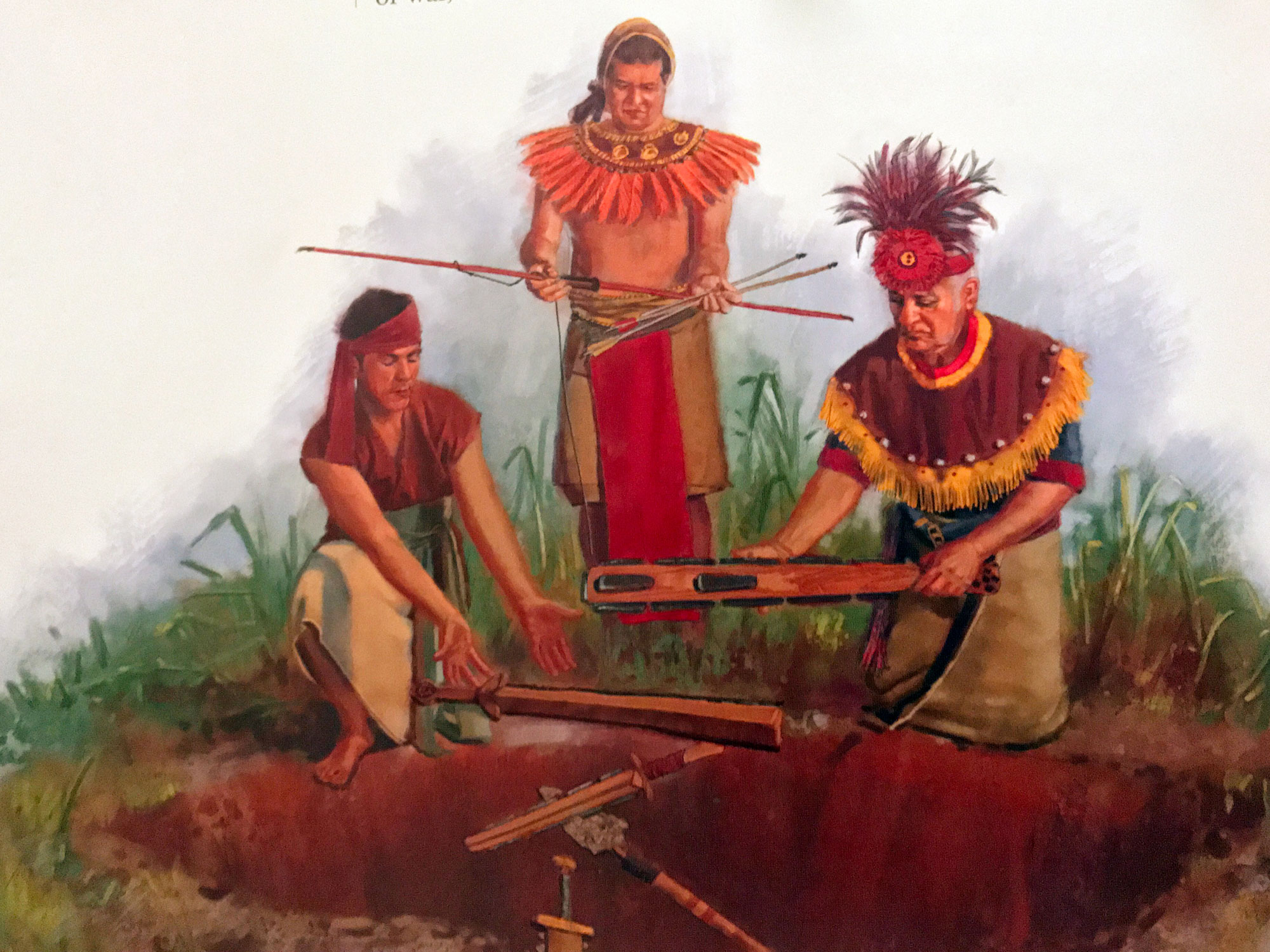This is part of an ongoing project to articulate and clarify the principles described in the Latter-day Saint Radical Orthodoxy Manifesto.
Speaking in the 1989 General Conference, Elder Oaks referred to “alternate voices” as:
those voices that speak of God, of his commandments, and of the doctrines, ordinances, and practices of his church…. without calling or authority.
This might sound like a bad thing, but in his talk, Elder Oaks stated that the Church is not opposed to alternate voices. As he put it,
The Church of Jesus Christ of Latter-day Saints does not attempt to isolate its members from alternate voices. Its approach, as counseled by the Prophet Joseph Smith, is to teach correct principles and then leave its members to govern themselves by personal choices.
Not only that, but Elder Oaks also made it clear that while some alternate voices have nefarious designs (such as the pursuit of power or money or the intent to deceive), there are also positive alternate voices:
Some alternate voices are those of well-motivated men and women who are merely trying to serve their brothers and sisters and further the cause of Zion. Their efforts fit within the Lord’s teaching that his servants should not have to be commanded in all things, but “should be anxiously engaged in a good cause, and do many things of their own free will, and bring to pass much righteousness.”
This describes the intent of those of us who are participating in the LDS Radical Orthodoxy movement. We are not seeking to displace, supplant, subvert, or supersede the Church, but to “serve [our] brothers and sisters and further the cause of Zion.”
These efforts are no less needed now than they were three decades ago. Speaking to the FairMormon Conference in 2019, Elder Craig C. Christensen thanked that group in particular and said that, when it comes to defending the Church, the Restoration and the Gospel, “we need your voices.” He stressed “the importance of faithful members engaging online.”
Another important point conveyed by both Elder Oaks in 1989 and Elder Christensen in 2019 is that the Church has to maintain a clear distinction between its own, formal pronouncements and the freelancing of its well-intended members.
“The Church does have a responsibility to point out what is the voice of the Church and what is not,” Elder Oaks said. “Members of the Church are free to participate or to listen to any alternate voices they choose,” he went on, “but Church leaders should avoid official involvement, directly or indirectly.”
Not only is the separation between the Church and friendly, alternate voices necessary to preserve the clarity of the Church’s official teachings, as Elder Oaks stressed, but it also allows alternate voices to work more effectively. Elder Christensen pointed out that, although the Church works in tandem with formal groups like FAIR, Book of Mormon Central, and the Interpreter, “If you look like an extension of the Church, you wouldn’t have the power to do what you need to do.”
Radical Orthodoxy is not a formal group like those just listed. It’s a rallying point for a decentralized group of Saints–many of whom do contribute to those groups–and one of our goals is to encourage greater enthusiasm and coordination among these alternate voices.
Perhaps the most remarkable thing that Elder Christensen told the Fair Conference attendees was that, according to senior leadership within the Church, the vast majority of the faith-affirming messages on the Internet need to come from alternate voices: “partners [like Fair] and other individual members engaged in the conversation.”
Our hope for the LDS Radical Orthodoxy manifesto and the movement as a whole is that we will be able to help build a supportive, creative, proactive community of alternate voices. We will have diverse backgrounds, perspectives, and interests. We will not agree on every point. But we can be unified nonetheless in our discipleship of Christ and our fervent support His Restored Church.





